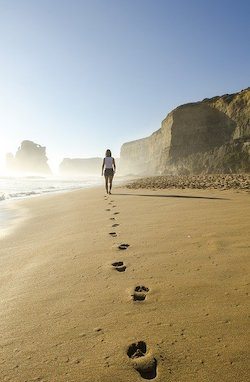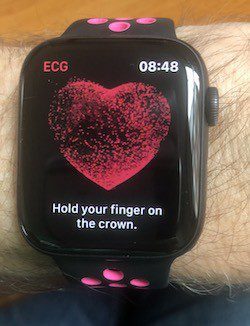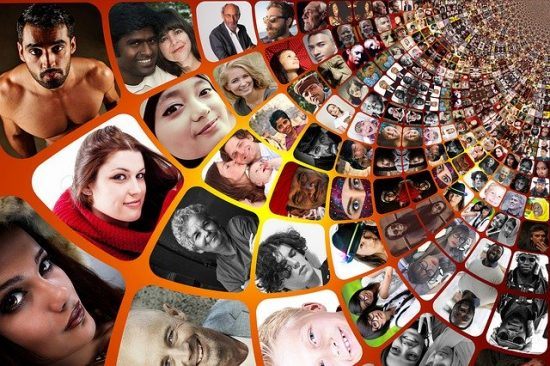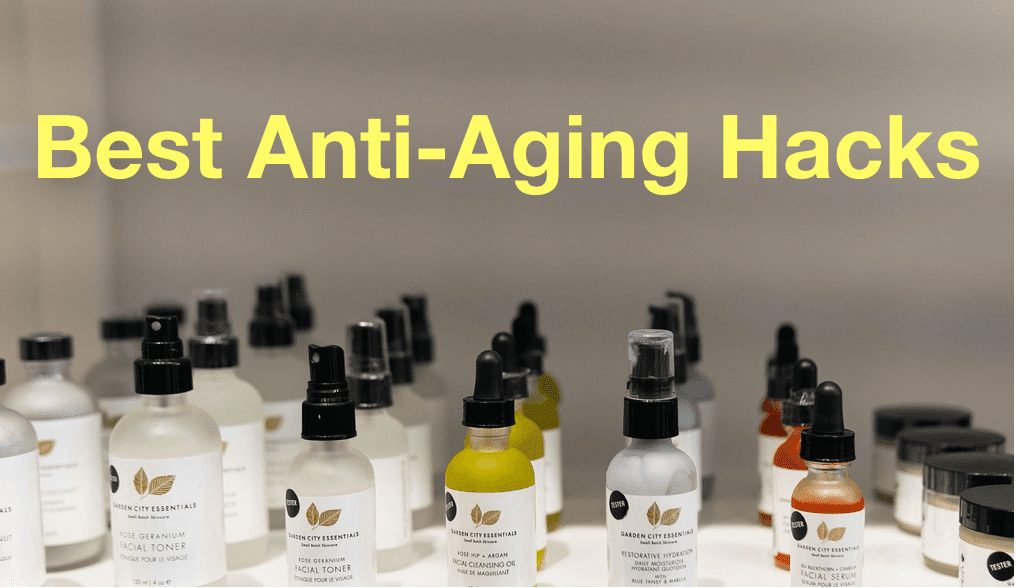Think
It seems that, without resorting to trans-humanism, bio-hacking, cosmetic surgery or DNA editing, there are myriad new ways to stop aging! Can we hack age as this OphthalmologyTimes article, written by Dr Tim McLaughlin, explored? Others, meanwhile, will happily just say: “Age is in your mind!” I love my mother’s tagline for her emails:
“Inside every old person is a young person wondering what happened.” -Terry Pratchett
Thinking you’re young de facto means being childlike in your awe, loving to learn, asking why a lot and just simply playing.
Is being young not just about getting the most out of life? Have you read about the most popular millennial time-saving hacks? They’re called fuse-hacks. According to a Kellogg’s study, millennials are doing emails at breakfast, brushing teeth in the shower, sleeping in their gym gear to eliminate an extra task in the early morning hours, holding walking meetings…)? [Read more about the Kellogg’s survey at WalesOnLine] I felt like I was nodding my head at many of the different habits of this younger generation. Some will counter that saving time is no way to avoid aging. I tend to think of it as a way to get more out of my waking day. What about you? But, how do you “hack” your age?
Act
Certainly, don’t believe you need to “act your age,” that chiding that petulant teenagers sometimes hear! It makes me smile to think back to the times when my dear 70-year-old grand-père acted mischievously, like a child, one might say. But what are the true keys to longevity?
I had the good fortune to sit beside a respected French scientist at a dinner the other day. He told me the benefits of certain activities, especially those that are good for the kidney and driving oxygen to the brain. All very good common sense, although the last one could surprise you.

- Eat healthily (without getting overweight)
- Do regular physical activity
- Sleep as much as you need (depends on the person and it can vary between 4h and 12h)
- Have a robust social life
- Limit as much as possible (bad) stress
- Limit alcohol and smoking
- Develop cultural activities that use all your senses (music, food, art…)
- Work as long as possible
- Lead a meaningful existence (including spirituality)
My neighbor finished by telling me about the merits of moderation, all the same. Echoing many of his points in a rather prosaic manner, Johns Hopkins had this advice, including reviewing your medications!
Meanwhile, there’s an aphorism, first attributed to Friedrich Nietzsche in his Twilight of the Idols, that says: “What does not kill me will make me stronger.” In its fuller context, he wrote, “Out of life’s school of war — What does not kill me makes me stronger.” And I like this broader statement, as it reminds us that life is difficult and filled with hardships. That’s the nature of life: it’s how you react to the sh*t that comes up that defines us. As McLaughlin, wrote, referring to David Sinclair’s book, Lifespan, there may be scientific evidence that proves that overcoming difficulties can be healthy and/or extend a lifespan. It’s called “hormesis,” whereby biological damage or adversity rewires the body to make it stronger.
If that weren’t enough, there are also reams of instruction on how we should also be introspective with adequate ‘down time.’
Be…
If I’m often considered a hyper-active and connected person, the area I feel I could most improve is in my introspection and downtime. I’ve started to build a list of ways to do more introspection:

- Take a long walk (without your cellphone on)
- Meditate daily (I like to use Monique Rhodes’ guided meditation on The Ten Minute Mind)
- Practice meaningful, deep conversations
- Saying a centering prayer
- Say out loud 3 statements of gratefulness (“I’m grateful for XYZ”) every evening at the family dinner table
Tech Hacks
Finally, what would a hack be without technology? Here are a few items that could help with your attempts to hack aging:

- Health monitor. The Apple Watch 5 (there are other smartwatches, but this is the one I own and like) is able to monitor your ECG, measure your heartbeat, remind yourself to breathe and get up from a seated position after you’ve been sedentary too long.
- Fitness Tracking. Again the Apple watch can do this, but you need to remember to initiate the tracking before your walks, playing tennis or going for a run.
- Sleep monitor – I have the Sleep++ app which is only for iOS. While wearing my Apple Watch, it automatically tracks my sleep patterns without picking up my spouse’s movements. It’s not totally accurate, but it has certain uses, such as tracking how many times you get up at night, how much you move around. Another app of interest that’s only useful if you sleep solo is Sleep Cycle which tracks your snoring, too.

- Sleep podcasts. There are several good podcasts (audio recordings) that can help induce sleep. My all-time go-to is “Sleep With Me” by the bumblingly adorable Drew Ackerman.
- Mindful meditation — The Muse S headband measures brain waves (EEG) to monitor your meditation responses and heart rate. It can also help you with falling asleep. It’s not cheap, though, at $350.
- Genomics. Notwithstanding the more controversial option to do DNA editing (Crispr), there is now accessible genetic testing with entirely interesting results. For example, do you have any genetic predispositions you ought to be aware of? Combining 23andMe Health and Genomelink, you can start to get a better picture of your own genomic risks and develop a roadmap. For example, might you suffer from asparagus insomnia and not have realized it? Do you markers showing a predisposition to rupture your Achilles tendon? It turns out I have genetic markers indicating that I will tend to have a higher BMI (see below). Thus, I maybe should focus on other indicators!

- Social connectivity. This one may seem less of a hack, but I think it is more than appropriate in these disconnected times. Moreover, it links up with the suggestions by my scientist neighbor as well as the brilliant book by Johann Hari, Lost Connections. Use social media and our digital devices for social proximity when we are obliged to keep our distances or can’t be physically with a loved one.
One last thing: stay connected and build a healthy network, but stay away from toxic people or those with outsized egos!

What struck me in researching this article is that there are several connecting points between Think-Act-Be-Tech hacking your age. So, in sum, there’s a lot we can do, with moderation, and much we should not do, by just being. Your takeaway?
Please drop in your comments or suggestions for other hacks. And please do share if you liked this read!











